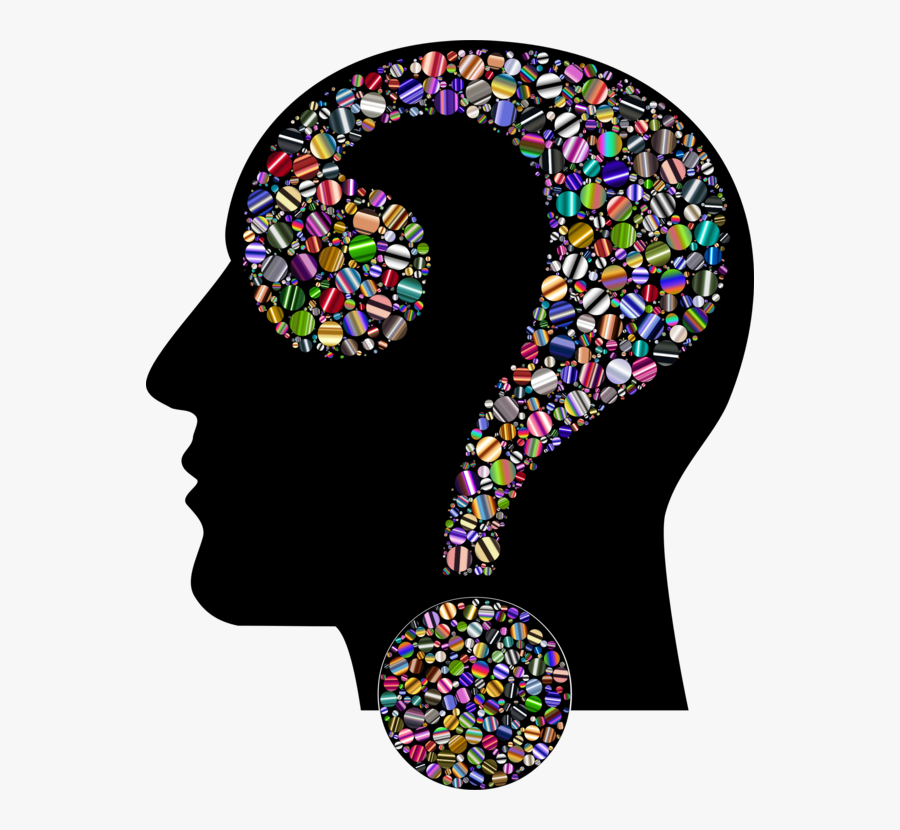Discovering the Secrets of the Best Psychologist in Delhi for Anxiety Alleviation
Discovering the Secrets of the Best Psychologist in Delhi for Anxiety Alleviation
Blog Article
Psych Therapy: A Comprehensive Overview to Results and strategies

Cognitive-Behavioral Treatment
Cognitive-Behavioral Treatment (CBT) is a commonly made use of psychotherapeutic approach that concentrates on identifying and customizing useless thinking and habits patterns. Created in the 1960s by Aaron T. Beck, CBT integrates cognitive and behavioral concepts to resolve various mental health issues, including depression, stress and anxiety, and stress-related problems.
CBT is characterized by its organized, goal-oriented nature. Therapy usually includes a joint process between the therapist and customer, where details issues are identified, and useful techniques are created to resolve them. Strategies such as cognitive restructuring, exposure therapy, and skill-building exercises are typically used. Cognitive restructuring includes difficult and changing adverse thought patterns, while exposure treatment aims to reduce anxiety and stress and anxiety through gradual exposure to been afraid situations or things.
Evidence-based research study sustains the effectiveness of CBT for a large range of mental disorders - Best Psychologist in Delhi. Its focus on ability purchase and self-help methods empowers customers to continue development separately after treatment wraps up. The adaptability and performance of CBT have actually made it a cornerstone in modern psychotherapeutic technique
Psychodynamic Techniques
Rooted in the very early theories of Sigmund Freud, psychodynamic strategies concentrate on discovering the unconscious mind and its influence on actions and emotions. These methods intend to discover surprise ideas and feelings that might be driving maladaptive actions and mental distress. Central to this technique is the principle of internal problem, usually stemming from unresolved past experiences, particularly those from youth.
Therapists utilizing psychodynamic methods utilize numerous essential techniques, including free association, where people are motivated to speak openly to reveal subconscious material, and dream evaluation, which analyzes the unrealized web content of dreams. In addition, the expedition of transference and countertransference dynamics within the healing connection is essential. These communications can provide insights right into the client's internal globe and relational patterns.
Psychodynamic treatment is commonly longer-term contrasted to other methods, using a deep and extensive understanding of the individual's subconscious. Research suggests that it can be specifically reliable for complex psychological health and wellness problems, such as individuality disorders and chronic anxiety. By cultivating self-awareness and emotional insight, psychodynamic therapy seeks to bring unconscious material to awareness, making it possible for people to accomplish long-term and purposeful adjustment in their lives.
Humanistic Techniques
Structure on the foundations laid by psychodynamic techniques, humanistic methods supply a distinctive perspective focused on private potential and self-actualization. Coming from the mid-20th century, these strategies focus on the inherent benefits and growth possibility of individuals, stressing an all natural sight of human experience. Key numbers such as Carl Rogers and Abraham Maslow have actually significantly influenced this restorative approach, which encompasses methods like client-centered treatment and Gestalt therapy.
Client-centered therapy, created by Rogers, plays an essential role in humanistic strategies. The therapist's duty is more of a facilitator than an authority, urging clients to harness their internal sources for healing.
Gestalt treatment, another essential humanistic technique, stresses existing moment recognition and the combination of body and mind. By focusing on the "present moment," customers gain higher insight into their present feelings and behaviors. Techniques such as role-playing and directed visualization are commonly employed to assist customers gain a deeper understanding of themselves, eventually bring about enhanced self-awareness and satisfaction.
Integrative Treatments
Integrative treatments represent a synthesis of different restorative strategies customized to meet the special demands of each customer. This approach acknowledges the complexity of human psychology and the diverse nature of psychological wellness concerns. By incorporating elements from different schools of psychotherapy-- such as cognitive-behavioral therapy (CBT), psychodynamic therapy, and humanistic methods-- integrative therapies provide an even more alternative and versatile therapy standard.
Experts of integrative treatment evaluate each client's particular requirements, signs, and personal history to develop a personalized treatment look at more info plan. This individualized approach boosts the potential for therapeutic success by attending to the source of psychological distress and promoting overall health. Strategies might consist of mindfulness exercises, cognitive restructuring, and emotional handling, each picked to target various aspects of the client's issues.
Moreover, integrative treatments stress the restorative connection, seeing the client-therapist bond as an important element of effective therapy. This partnership promotes a supportive setting where clients really feel risk-free to explore and resolve their issues. The adaptability of integrative treatments makes them suitable for a wide variety of problems, including anxiety, anxiety, trauma, and social difficulties, consequently enhancing their applicability and performance in diverse professional settings.

Gauging Therapy Outcomes
Examining the effectiveness of psychiatric therapy is vital for both clinicians and customers to guarantee that the treatment is producing the preferred results. To accomplish this, various approaches and tools are used to measure treatment outcomes methodically. Standard evaluation tools, such as the Beck Depression Stock (BDI) and the Generalized Anxiousness Disorder 7 (GAD-7), give quantitative information on signs and symptom seriousness and adjustments over time.
In enhancement to standard devices, qualitative techniques like customer self-reports and professional interviews use valuable insights into the individual experiences and regarded progress of clients. Consistently scheduled examinations, typically at the start, axis, and end of therapy, help in tracking the trajectory of enhancement or recognizing locations requiring change.
End result measurement is not limited to symptom reduction; it also includes practical enhancements in life, such as far better social partnerships, raised work productivity, and enhanced overall well-being. Modern advancements in digital health have introduced mobile apps and online platforms that promote real-time surveillance and comments, better refining the evaluation process.
Inevitably, a comprehensive method to measuring treatment results ensures that therapeutic treatments are reliable, efficient, and tailored to satisfy the private needs of customers, thereby maximizing the general healing experience.
Verdict
Psychiatric therapy supplies a diverse selection of methods aimed at addressing specific mental health issues and boosting general well-being. Cognitive-Behavioral Therapy and psychodynamic techniques target unconscious impacts and dysfunctional ideas, respectively. Humanistic techniques focus on individual growth and self-actualization, while integrative therapies combine numerous approaches for tailored treatment plans. Reviewing therapy results through standardized assessments and qualitative techniques makes sure a detailed understanding of performance, eventually leading customers towards sustaining mental wellness improvements.
From the structured approach of Cognitive-Behavioral Therapy (CBT) to the deep exploration of the unconscious in psychodynamic therapy, each technique brings distinct benefits. Its focus on ability acquisition and self-help strategies encourages clients to proceed development individually after therapy ends (Best Psychologist in Delhi). Key figures such as Carl Rogers and Abraham Maslow have actually considerably affected this therapeutic approach, which incorporates approaches like client-centered treatment and Gestalt therapy

Report this page